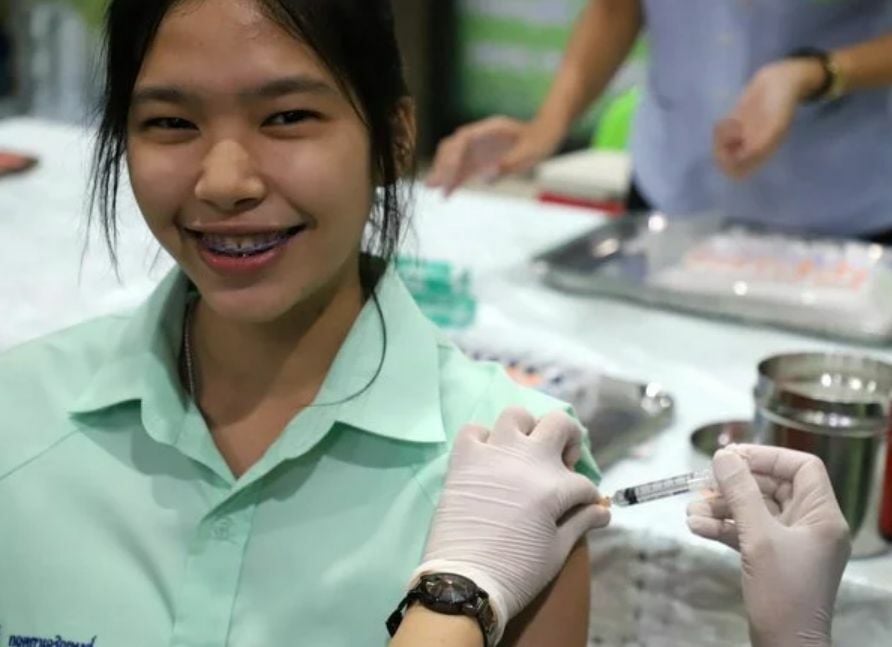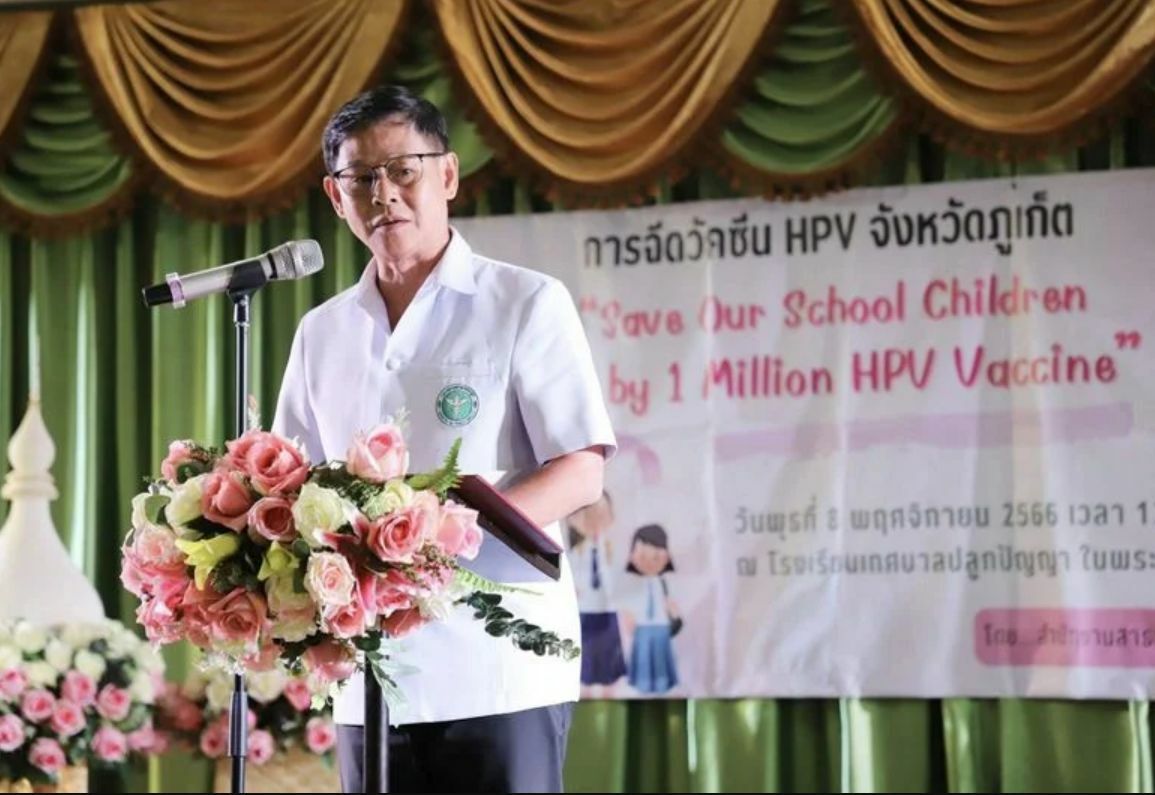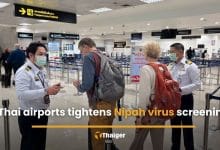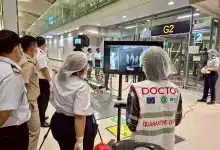HPV vaccination drive: Thailand aims to inoculate 1 million young women

The Phuket Provincial Public Health Office (PPHO) in Thailand is on a mission: to vaccinate one million young women against the human papillomavirus (HPV) within 100 days. This ambitious initiative is part of a national campaign aiming to safeguard the health of the country’s female population.
The campaign’s life-saving work began at Plookpanya School in Phuket Town, where 200 female students were the first to receive their HPV vaccinations. This local endeavour, aptly named Save our School Children, was spearheaded by PPHO Chief Dr Kusak Kukkiattikoon.
HPV, a term used for a widespread group of viruses, usually doesn’t cause any issues for most individuals. However, certain strains can lead to conditions such as genital warts or cancer. The UK’s National Health Service (NHS) provides further insight, noting that HPV affects the skin and comes in over 100 varieties. Some of these can impact the mouth, throat or genital area and can be transmitted through any skin-to-skin contact.
Importantly, HPV often presents no symptoms, so many individuals may not even know they are carriers. This makes the vaccination campaign all the more crucial. Dr Kusak’s message is clear: Knowledge, prevention, early detection, and treatment are key to staying safe from cancer.
Cancer, especially cervical cancer, is a growing public health concern in Thailand. It is the second most common disease among Thai women under 45.
Over the past five years, roughly 6,500 new cases were identified annually nationwide, leading to about 2,000 deaths each year. In Phuket alone, an average of 10 cervical cancer patients are detected each year. The primary cause? HPV.

The good news is that HPV can be prevented with the HPV vaccine. Dr Kusak confirms that the vaccine is highly effective in warding off cervical cancer in individuals who haven’t yet been infected. The vaccine has a preventive efficacy rate of 93% to 95%.
Despite a nationwide policy to provide HPV vaccinations to female students in Grade 5 (around 11 years old) since 2017, Thailand has faced a global HPV vaccine shortage in recent years, impacting the country’s ability to reach its target group. However, from 2019 to 2022, Phuket was able to provide the first dose of the HPV vaccine to a total of 3,456 students.
This year, the Ministry of Public Health aims to speed up HPV vaccination among women aged 11 to 20 years, both within and outside the education system. The Quick Win 100 Days Comprehensive Cancer policy hopes to administer a million doses of the HPV vaccine within 100 days.
In addition to the vaccination campaign, the PPHO is leveraging technology to promote health literacy and reproductive health among young people. The Department of Health has launched an official TEEN CLUB Line group.
This digital platform aims to provide accurate information about sexuality education, address issues of unplanned pregnancy, and offer a safe space for teenagers to learn about topics they might be too shy to ask about elsewhere.
The TEEN CLUB platform also simplifies access to birth control services, offers a menstrual recording feature, and includes a hotline service and chatbot to answer questions.
The hope is that through these multifaceted efforts – the HPV vaccination campaign and digital education – Thailand can make significant strides in securing the health and well-being of its young female population, reported Phuket News.
Latest Thailand News
Follow The Thaiger on Google News:


























